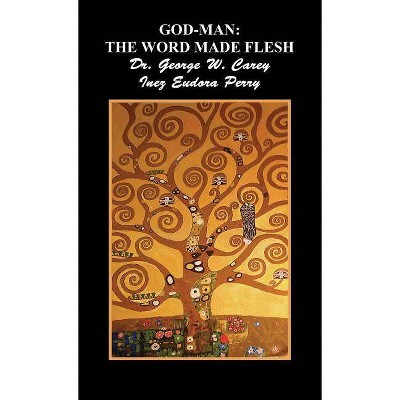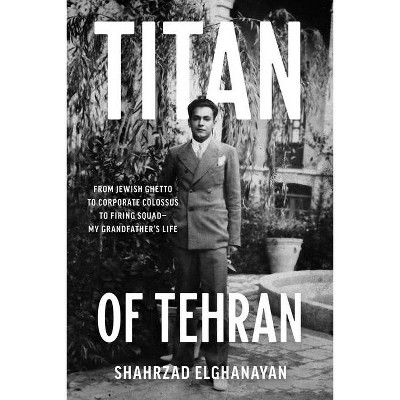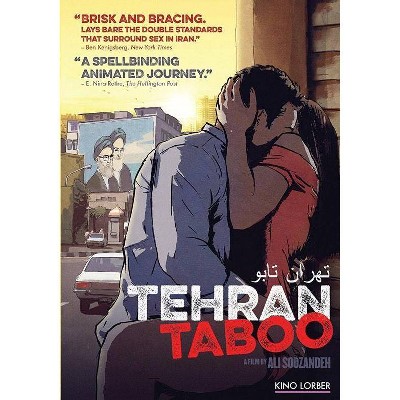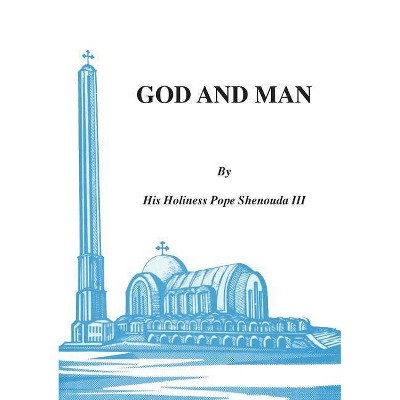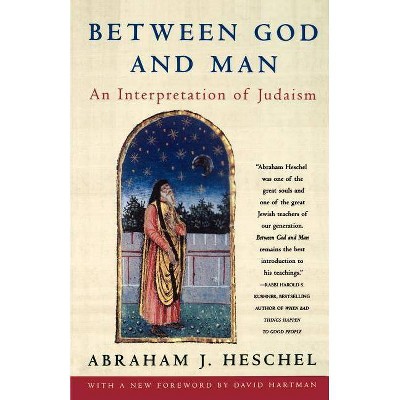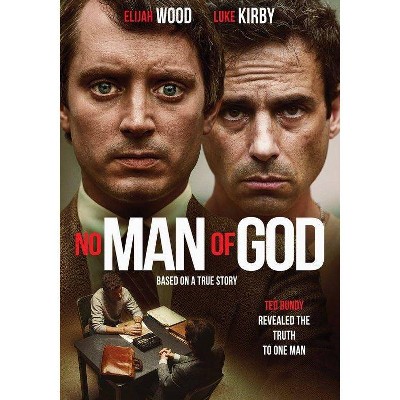God and Man in Tehran - by Hossein Kamaly (Hardcover)
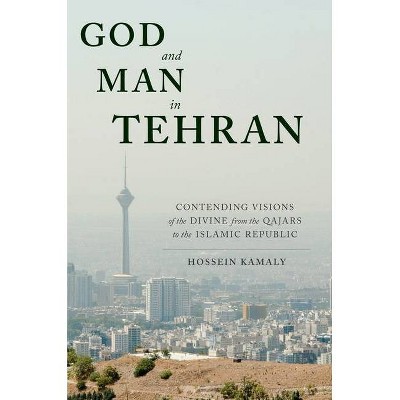
Similar Products
Products of same category from the store
AllProduct info
<p/><br></br><p><b> About the Book </b></p></br></br><i>God and Man in Tehran</i> explores the historical processes that have made and unmade contending visions of God in Iran's capital. Hossein Kamaly examines how notions of the divine have been mobilized, contested, and transformed, emphasizing the role played by divergent conceptualizations of nature, reason, law, morality, and authority.<p/><br></br><p><b> Book Synopsis </b></p></br></br>In <i>God and Man in Tehran</i>, Hossein Kamaly explores the historical processes that have made and unmade contending visions of God in Iran's capital throughout the past two hundred years. Kamaly examines how ideas of God have been mobilized, contested, and transformed, emphasizing how notions of the divine have given shape to and in turn have been shaped by divergent conceptualizations of nature, reason, law, morality, and authority. <p/>The book analyzes official government policies, modern textbooks, and university curricula; popular beliefs and ritual practices; and philosophical and juridical attitudes toward theological questions in traditional institutions. Kamaly considers continuity and change in religiosity under the Qajar and Pahlavi dynasties; the significance of outbreaks of messianic expectations; why a modernizing nation took a sudden turn toward state religiosity; and how the Islamic Republic deploys visions of God against foreign enemies and domestic critics. Beyond the majority Shia Muslim population, the book includes minority and suppressed voices. With a focus on the diversity of ideas of the divine, <i>God and Man in Tehran</i> offers a novel perspective on the intellectual movements that have shaped Iranian modernity.<p/><br></br><p><b> Review Quotes </b></p></br></br><br><i>God and Man in Tehran</i> is undoubtedly a valuable contribution to Iranian Studies.--Reading Religion<br><br>A masterful mapping of the intellectual and spiritual currents that roiled Iran's capital for a century and a half before bursting forth in the Iranian Revolution.--Richard Bulliet<br><br>From the dawning of modernity around 1800 to the present, <i>God and Man in Tehran</i> expertly describes the diversity of reactions among Iranians to ideas in both their own tradition of learning and imported learning from the western world. Kamaly's extremely wide reading in primary sources in Persian, Arabic, French, and other languages enables him to describe these reactions in a wide range of cultural modes from poetry to scientific texts.--Roy Mottahedeh<br><br>Hossein Kamaly is a scholar of unrivaled learning, a writer of quiet elegance. In his <i>God and Man in Tehran </i>he has written an exquisite rarity: An urban history of Almighty God. An earthly theology emerges from his capable hands that will make you hear the voice of God from the elegant urbanity of a nation. An utter delight to read!--Hamid Dabashi<br><br>Hossein Kamaly's new book <i>God and Man in Tehran</i> represents a major event that should be and can be read profitably by those wishing to make sense of the intellectual roots of modern Iran as well as working through the dynamics and complexities of the Safavid period.--Hikmat: Texts<br><br>A truly admirable synthesis of intellectual and religious history.--Journal of Religious History<br><br>The book is well written and researched, and will be an important resource for those interested in Islam in Iran.--Choice<br><p/><br></br><p><b> About the Author </b></p></br></br>Hossein Kamaly is a scholar of the Middle East, focusing on the history of ideas. He has taught at Barnard College and Columbia University and lives in Larchmont, NY.
Price History
Price Archive shows prices from various stores, lets you see history and find the cheapest. There is no actual sale on the website. For all support, inquiry and suggestion messagescommunication@pricearchive.us
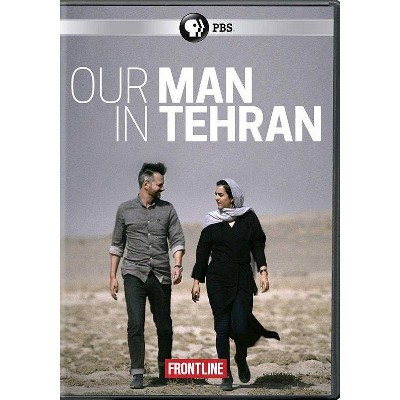
![And Man Created God [LP] - VINYL](https://pisces.bbystatic.com/image2/BestBuy_US/images/products/2570/25705158_so.jpg)
